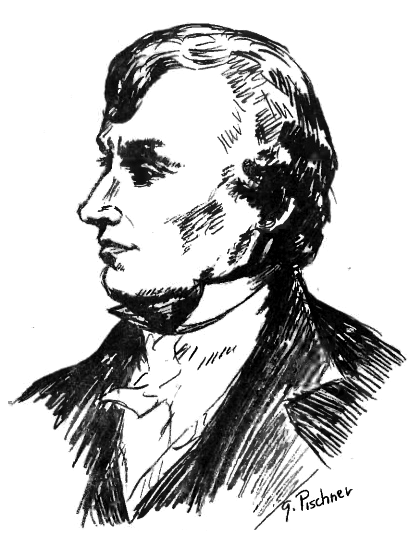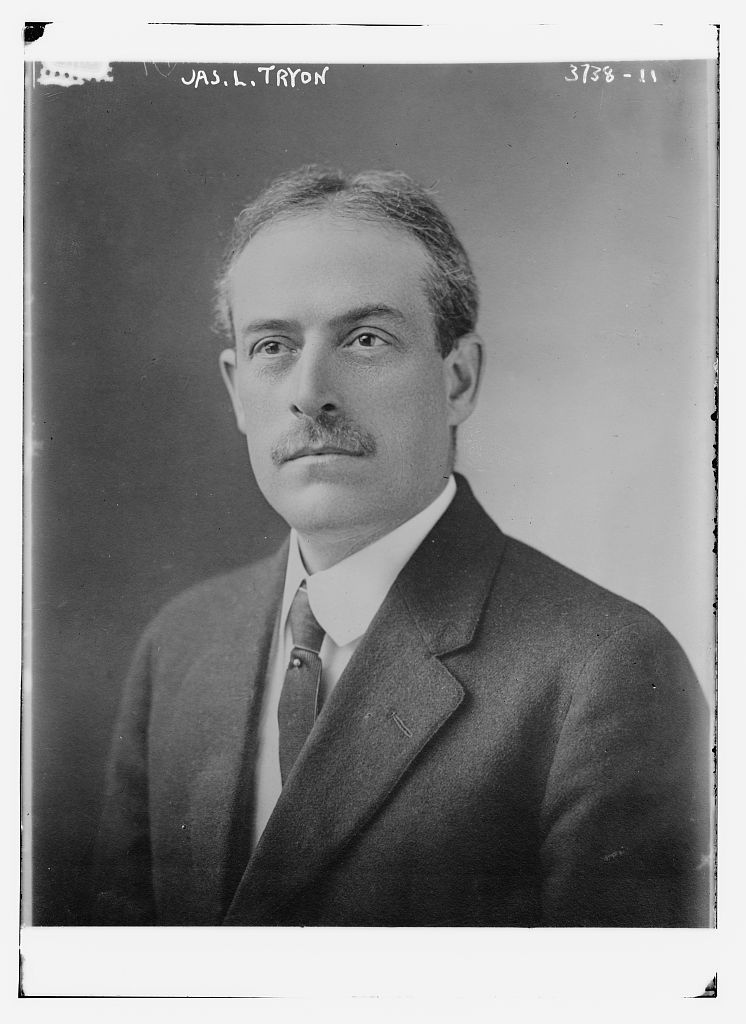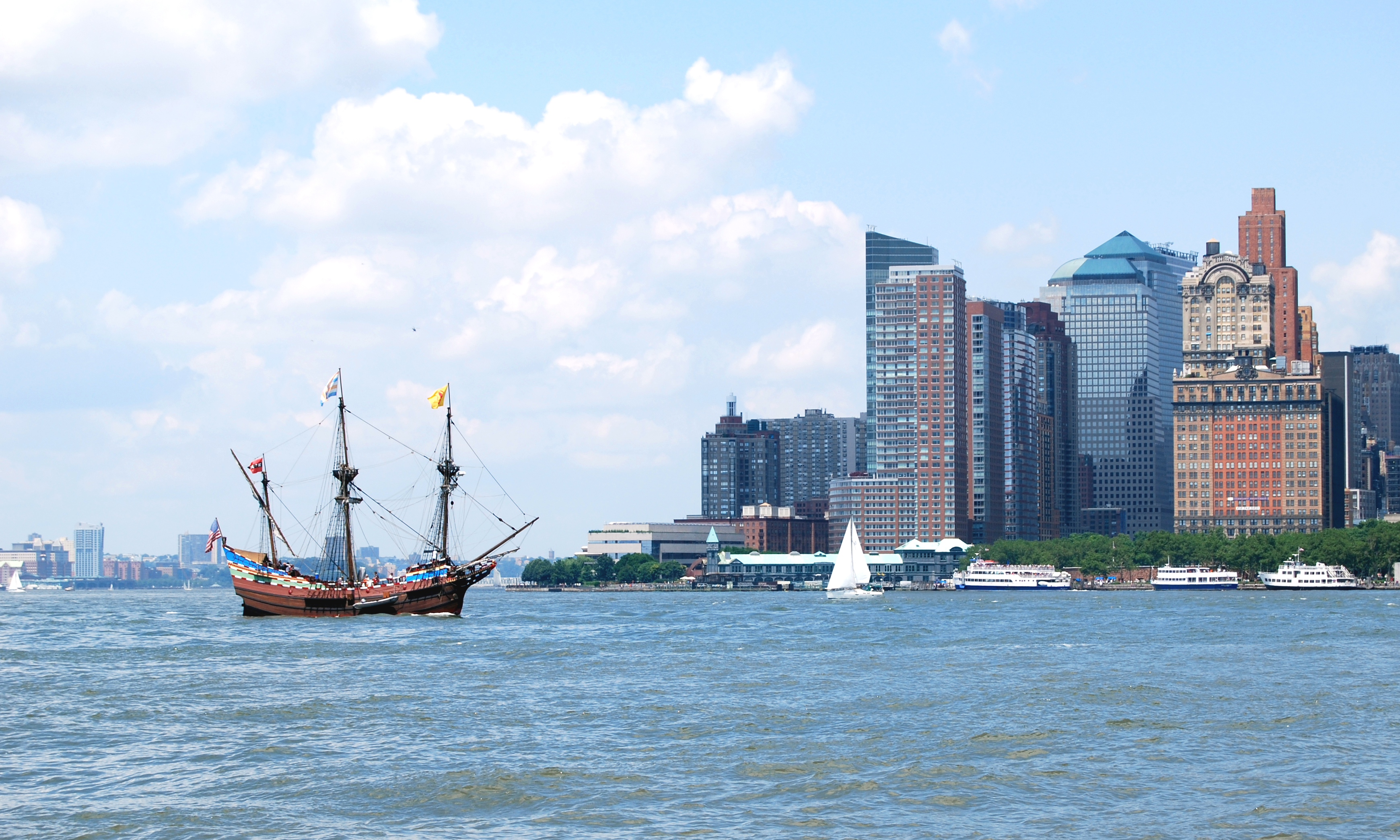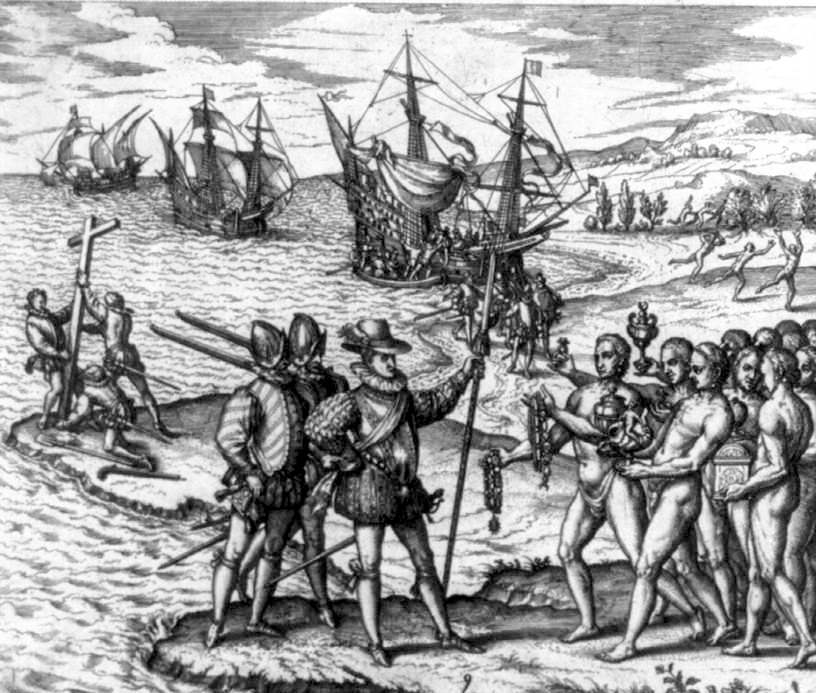|
Loring D. Dewey
Loring Daniel Dewey (1791–1867) was an early 19th-century Presbyterian minister, an agent of the American Colonization Society, an active supporter of colonization societies, a printer, and a reformer. Political work Dewey was a supporter of the American Colonization Society (ACS), which was established to relocate free Blacks from the United States to other countries, especially those in Africa. In a pamphlet issued to promote its efforts, Dewey stated that colonization was "the only possible means of gradually ridding the United States of a mighty evil, and of obliterating the foulest stain upon our nation's honor" - that is, free Blacks were a reminder of slavery.David M. Streiffor, "The American Colonization Society: an Application of Republ ... [...More Info...] [...Related Items...] OR: [Wikipedia] [Google] [Baidu] |
American Colonization Society
The American Colonization Society (ACS), initially the Society for the Colonization of Free People of Color of America until 1837, was an American organization founded in 1816 by Robert Finley to encourage and support the migration of freeborn blacks and emancipated slaves to the continent of Africa. The American Colonization Society was established to address the prevailing view that free people of color could not integrate into U.S. society; their population had grown steadily following the American Revolutionary War, from 60,000 in 1790 to 300,000 by 1830. Slaveowners feared that these free Blacks might help their slaves to escape or rebel. In addition, many white Americans believed that African Americans were an inferior race, and, therefore, should be relocated to a place where they could live in peace, a place where they would not encounter prejudice, a place where they could be citizens. The African American community and the abolitionist movement overwhelmingly o ... [...More Info...] [...Related Items...] OR: [Wikipedia] [Google] [Baidu] |
American Peace Society
The American Peace Society is a pacifist group founded upon the initiative of William Ladd, in New York City, May 8, 1828. It was formed by the merging of many state and local societies, from New York, Maine, New Hampshire, and Massachusetts, of which the oldest, the New York Peace Society, dated from 1815. Ladd was an advocate of a "Congress and High Court of Nations." The society organized peace conferences and regularly published a periodical entitled Advocate of Peace. The Society was only opposed to wars between nation states; it did not oppose the American Civil War, regarding the Union's war as a "police action" against the "criminals" of the Confederacy. Its most famous leader was Benjamin Franklin Trueblood (1847–1916), a Quaker who in his book ''The Federation of the World'' (1899) called for the establishment of an international state to bring about lasting peace in the world. In 1834 the headquarters of the society were removed to Hartford, in 1834 to Boston, ... [...More Info...] [...Related Items...] OR: [Wikipedia] [Google] [Baidu] |
History Of New York (state)
The history of New York begins around 10,000 B.C. when the first people arrived. By 1100 A.D. two main cultures had become dominant as the Iroquoian and Algonquian developed. European discovery of New York was led by the Italian Giovanni da Verrazzano in 1524 followed by the first land claim in 1609 by the Dutch. As part of New Netherland, the colony was important in the fur trade and eventually became an agricultural resource thanks to the patroon system. In 1626 the Dutch thought they had bought the island of Manhattan from Native Americans. In 1664, England renamed the colony New York, after the Duke of York and Albany, brother of King Charles II. New York City gained prominence in the 18th century as a major trading port in the Thirteen Colonies. New York played a pivotal role during the American Revolution and subsequent war. The Stamp Act Congress in 1765 brought together representatives from across the Thirteen Colonies to form a unified response to British pol ... [...More Info...] [...Related Items...] OR: [Wikipedia] [Google] [Baidu] |
History Of Massachusetts
The area that is now Massachusetts was colonized by English settlers in the early 17th century and became the Commonwealth of Massachusetts in the 18th century. Before that, it was inhabited by a variety of Indian tribes. The Pilgrim Fathers who sailed on the ''Mayflower'' established the first permanent settlement in 1620 at Plymouth Colony which set precedents but never grew large. A large-scale Puritan migration began in 1630 with the establishment of the Massachusetts Bay Colony, and that spawned the settlement of other New England colonies. As the Colony grew, businessmen established wide-ranging trade, sending ships to the West Indies and Europe. Britain began to increase taxes on the New England colonies, and tensions grew with implementation of the Navigation Acts. These political and trade issues led to the revocation of the Massachusetts charter in 1684. The king established the Dominion of New England in 1686 to govern all of New England, and to centralize royal contr ... [...More Info...] [...Related Items...] OR: [Wikipedia] [Google] [Baidu] |
History Of Haiti
The recorded history of Haiti began in 1492, when the European navigator Christopher Columbus landed on a large island in the region of the western Atlantic Ocean that later came to be known as the Caribbean. The western portion of the island of Hispaniola, where Haiti is situated, was inhabited by the Taíno and Arawakan people, who called their island ''Ayiti.'' The island was promptly claimed for the Spanish Crown, where it was named ''La Isla Española'' ("the Spanish Island"), later Latinized to ''Hispaniola''. By the early 17th century, the French had built a settlement on the west of Hispaniola and called it Saint-Domingue. Prior to the Seven Years' War (1756–1763), the economy of Saint-Domingue gradually expanded, with sugar and, later, coffee becoming important export crops. After the war which had disrupted maritime commerce, the colony underwent rapid expansion. In 1767, it exported indigo, cotton and 72 million pounds of raw sugar. By the end of the century, the colo ... [...More Info...] [...Related Items...] OR: [Wikipedia] [Google] [Baidu] |
American Presbyterian Ministers
American(s) may refer to: * American, something of, from, or related to the United States of America, commonly known as the "United States" or "America" ** Americans, citizens and nationals of the United States of America ** American ancestry, people who self-identify their ancestry as "American" ** American English, the set of varieties of the English language native to the United States ** Native Americans in the United States, indigenous peoples of the United States * American, something of, from, or related to the Americas, also known as "America" ** Indigenous peoples of the Americas * American (word), for analysis and history of the meanings in various contexts Organizations * American Airlines, U.S.-based airline headquartered in Fort Worth, Texas * American Athletic Conference, an American college athletic conference * American Recordings (record label), a record label previously known as Def American * American University, in Washington, D.C. Sports teams Soccer * ... [...More Info...] [...Related Items...] OR: [Wikipedia] [Google] [Baidu] |
19th-century American Clergy
The 19th (nineteenth) century began on 1 January 1801 (Roman numerals, MDCCCI), and ended on 31 December 1900 (Roman numerals, MCM). The 19th century was the ninth century of the 2nd millennium. The 19th century was characterized by vast social upheaval. Slavery was abolitionism, abolished in much of Europe and the Americas. The Industrial Revolution, First Industrial Revolution, though it began in the late 18th century, expanding beyond its British homeland for the first time during this century, particularly remaking the economies and societies of the Low Countries, the Rhineland, Northern Italy, and the Northeastern United States. A few decades later, the Second Industrial Revolution led to ever more massive urbanization and much higher levels of productivity, profit, and prosperity, a pattern that continued into the 20th century. The Gunpowder empires, Islamic gunpowder empires fell into decline and European imperialism brought much of South Asia, Southeast Asia, and almost ... [...More Info...] [...Related Items...] OR: [Wikipedia] [Google] [Baidu] |
1867 Deaths
Events January–March * January 1 – The Covington–Cincinnati Suspension Bridge opens between Cincinnati, Ohio, and Covington, Kentucky, in the United States, becoming the longest single-span bridge in the world. It was renamed after its designer, John A. Roebling, in 1983. * January 8 – African-American men are granted the right to vote in the District of Columbia. * January 11 – Benito Juárez becomes Mexican president again. * January 30 – Emperor Kōmei of Japan dies suddenly, age 36, leaving his 14-year-old son to succeed as Emperor Meiji. * January 31 – Maronite nationalist leader Youssef Bey Karam leaves Lebanon aboard a French ship for Algeria. * February 3 – ''Shōgun'' Tokugawa Yoshinobu abdicates, and the late Emperor Kōmei's son, Prince Mutsuhito, becomes Emperor Meiji of Japan in a brief ceremony in Kyoto, ending the Late Tokugawa shogunate. * February 7 – West Virginia University is established in Morgantown, West Virginia. * ... [...More Info...] [...Related Items...] OR: [Wikipedia] [Google] [Baidu] |
1791 Births
Events January–March * January 1 – Austrian composer Joseph Haydn arrives in England, to perform a series of concerts. * January 2 – Northwest Indian War: Big Bottom Massacre – The war begins in the Ohio Country, with this massacre. * January 12 – Holy Roman troops reenter Liège, heralding the end of the Liège Revolution, and the restoration of its Prince-Bishops. * January 25 – The British Parliament passes the Constitutional Act 1791, splitting the old province of Quebec into Upper and Lower Canada. * February 8 – The Bank of the United States, based in Philadelphia, is incorporated by the federal government with a 20-year charter and started with $10,000,000 capital.''Harper's Encyclopaedia of United States History from 458 A. D. to 1909'', ed. by Benson John Lossing and, Woodrow Wilson (Harper & Brothers, 1910) p169 * February 21 – The United States opens diplomatic relations with Portugal. * March 2 – ... [...More Info...] [...Related Items...] OR: [Wikipedia] [Google] [Baidu] |
Temperance Society
The temperance movement is a social movement promoting temperance or complete abstinence from consumption of alcoholic beverages. Participants in the movement typically criticize alcohol intoxication or promote teetotalism, and its leaders emphasize alcohol's negative effects on people's health, personalities and family lives. Typically the movement promotes alcohol education and it also demands the passage of new laws against the sale of alcohol, either regulations on the availability of alcohol, or the complete prohibition of it. During the 19th and early 20th centuries, the temperance movement became prominent in many countries, particularly in English-speaking, Scandinavian, and majority Protestant ones, and it eventually led to national prohibitions in Canada (1918 to 1920), Norway (spirits only from 1919 to 1926), Finland (1919 to 1932), and the United States (1920 to 1933), as well as provincial prohibition in India (1948 to present). A number of temperance organization ... [...More Info...] [...Related Items...] OR: [Wikipedia] [Google] [Baidu] |







